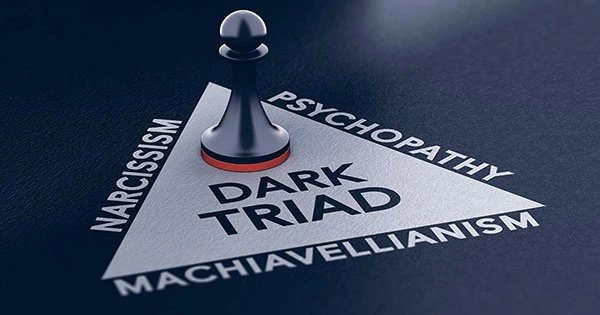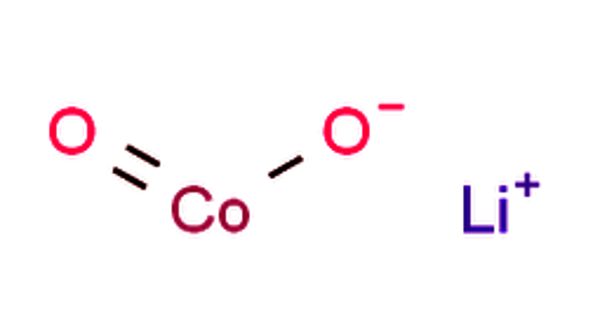In recent years, the “Dark Triad” of personality traits has gotten a lot of attention as the features that are claimed to distinguish the most dangerous and antisocial among us. But, according to a new study, such characteristics may be significantly decreased through a few very modest actions — with one exception. The Dark Triad may seem like the villains in the next big superhero film, but it’s a legitimate psychological concept. It was coined in 2002 to describe three psychological qualities: narcissism, psychopathy, and Machiavellianism – traits that, when combined, may produce “a creature of pure evil,” according to specialists.
Maybe I’m exaggerating a little. People who score high on dark triad qualities generally wish to change for the better, according to a new study published this week in the Journal of Personality. The good news is that it appears to be doable – all they have to do now is act the part. Participants in the study were instructed to undertake treatments meant to boost levels of positive personality traits over the course of four months, such as “donating money to a charity that you would typically spend on yourself” or “talking to a stranger and asking them about themselves.”
These activities were successful in enhancing extraversion, agreeableness, and emotional stability in participants, proving the “fake it till you make it” theory. The research also adds that “the agreeableness intervention in particular stimulated decreases in all three dark triad features.” “Interventions focusing on agreeableness may be an effective method to diminish dark features in a way that individuals are more inclined to comply with,” said Nathan Hudson, a psychology professor at Southern Methodist University and the paper’s only author.
“Dark personality qualities are socially unpleasant, and related with many kinds of interpersonal problems and possibly dangerous actions,” psychologists Virgil Zeigler-Hill and David K Marcus noted in 2016. You may assume that persons who score high on narcissism, psychopathy, and Machiavellianism would be pleased with these new findings. But it isn’t that easy. Hudson speculated, “I’d imagine that individuals with high degrees of Machiavellianism, for example, genuinely desire to be lovely, kind people.” “However, they also believe that influencing others is a decent and beneficial method for attaining what they want in life,” he continued.
As a result, even those who wished to increase their pro-social personality qualities consistently stated that they did not want to diminish their dark triad personality traits. In fact, individuals who were found to have greater degrees of Machiavellianism were more inclined to wish to improve it even more. “This result makes some intrinsic sense,” Hudson said, “since these dark tendencies often deal with having an inflated perspective of oneself and being alright with harming or manipulating other people for one’s own advantage.”
“People with high levels of such attributes may see their high self-esteem or readiness to utilize others as an asset rather than a liability in achieving their goals.” This leads to an irony in the study. Machiavellianism, a negative personality trait characterized by manipulation and exploitation of others, a cynical disregard for morality, and a focus on self-interest and deception, can be reduced by focusing on a seemingly unrelated personality trait – which, as far as psychological interventions go, is pretty Machiavellian.
















